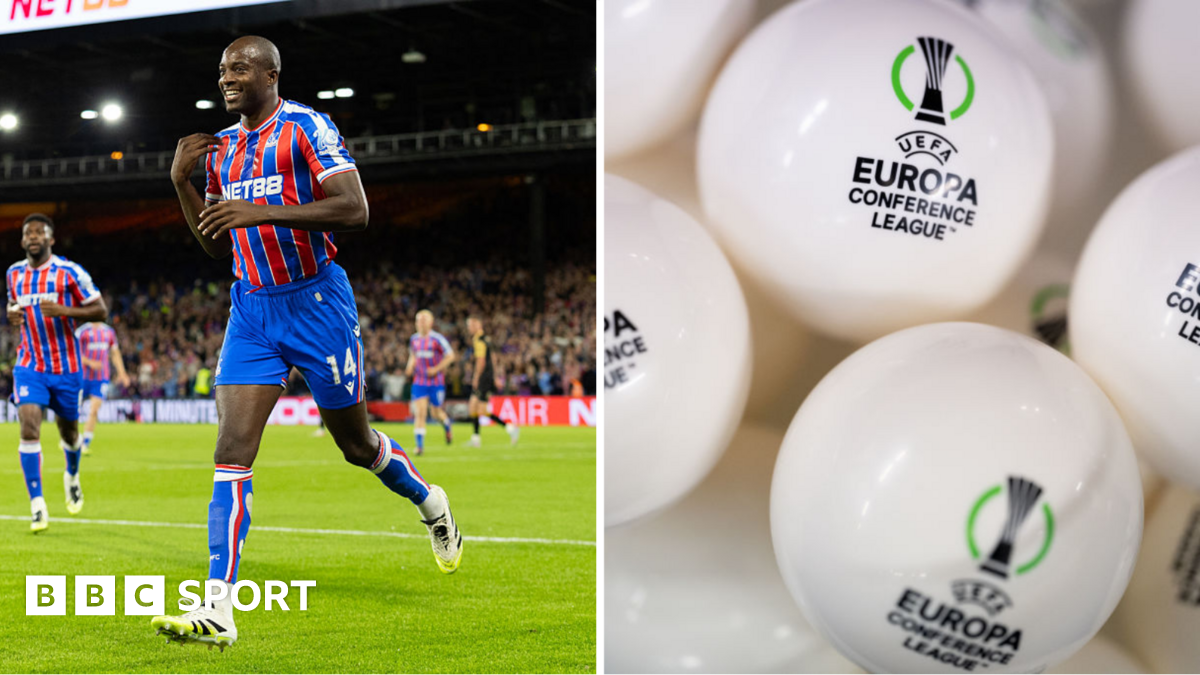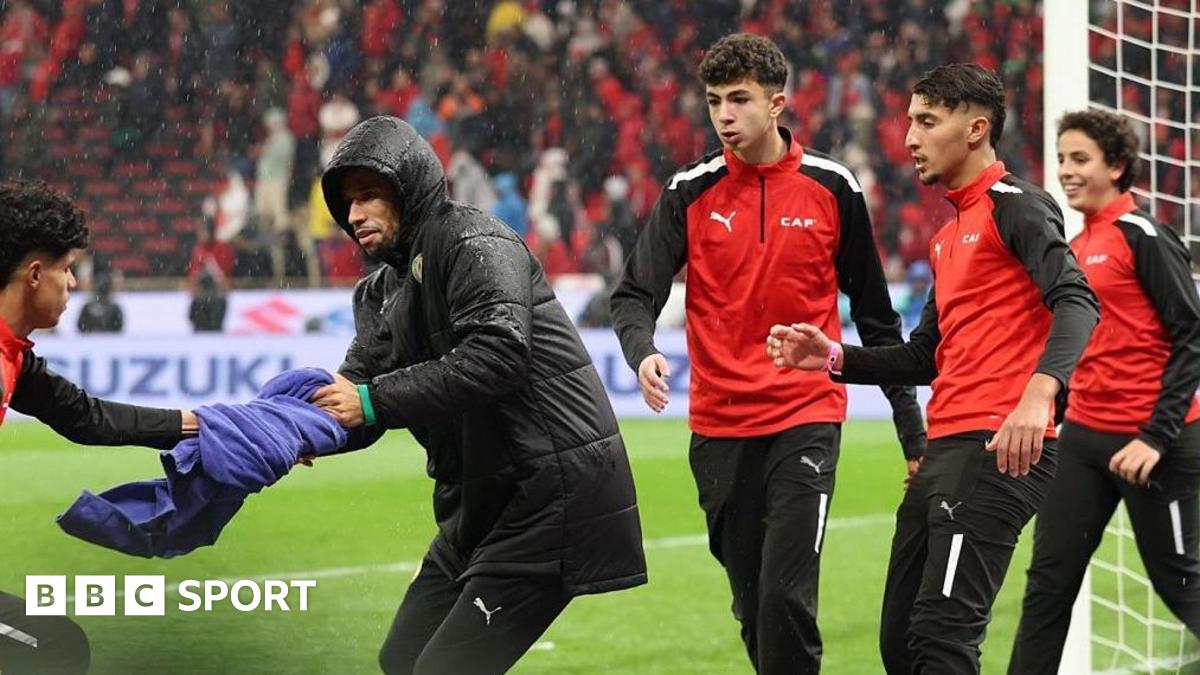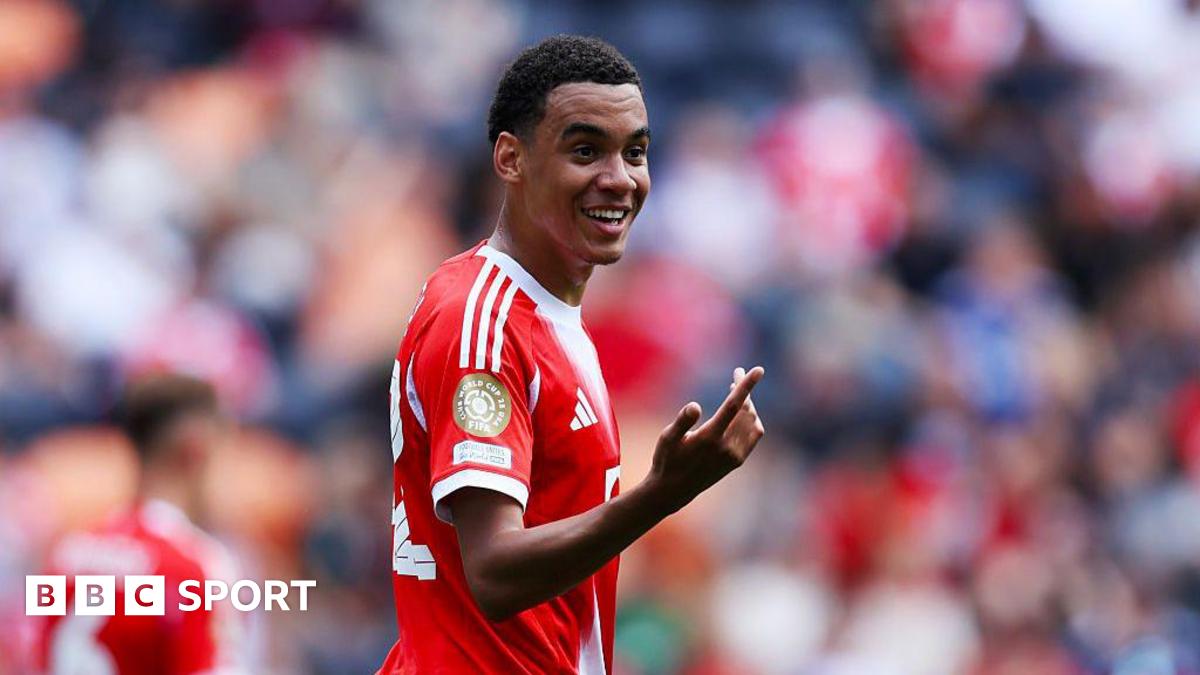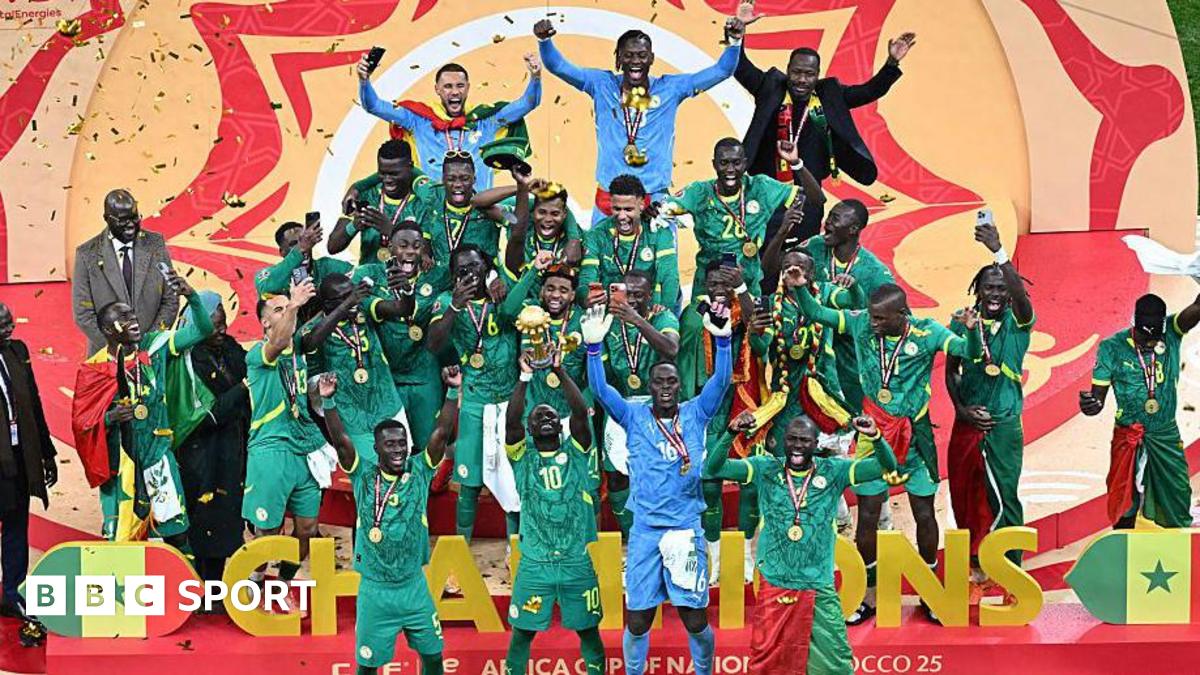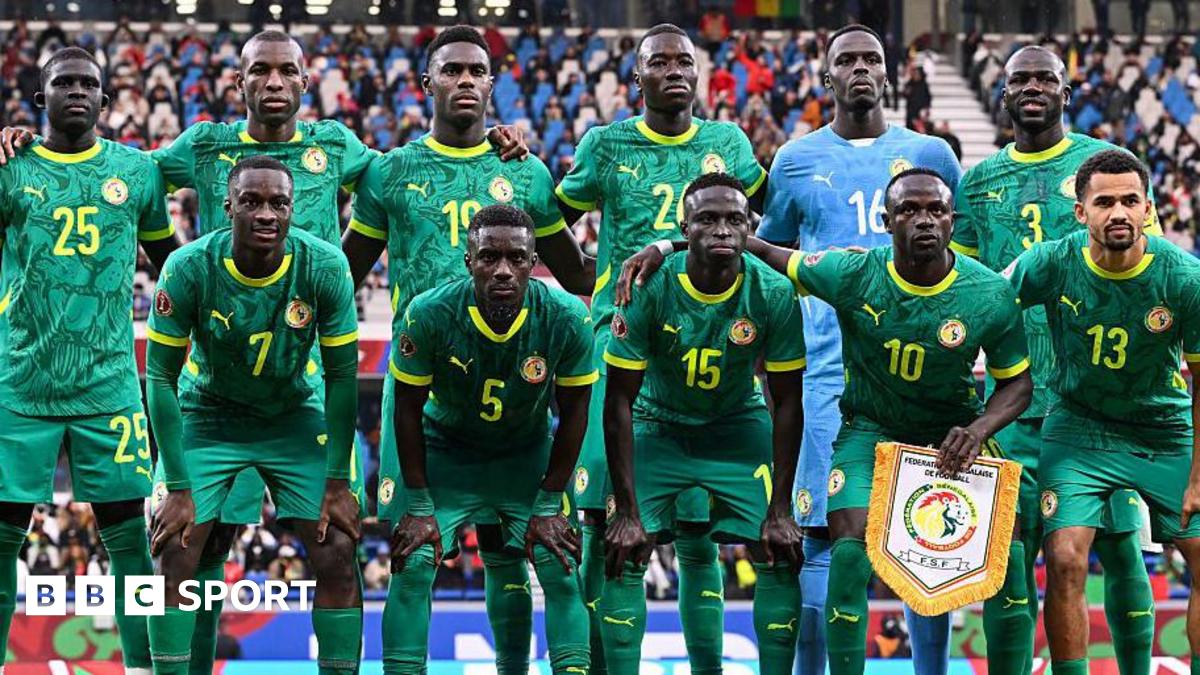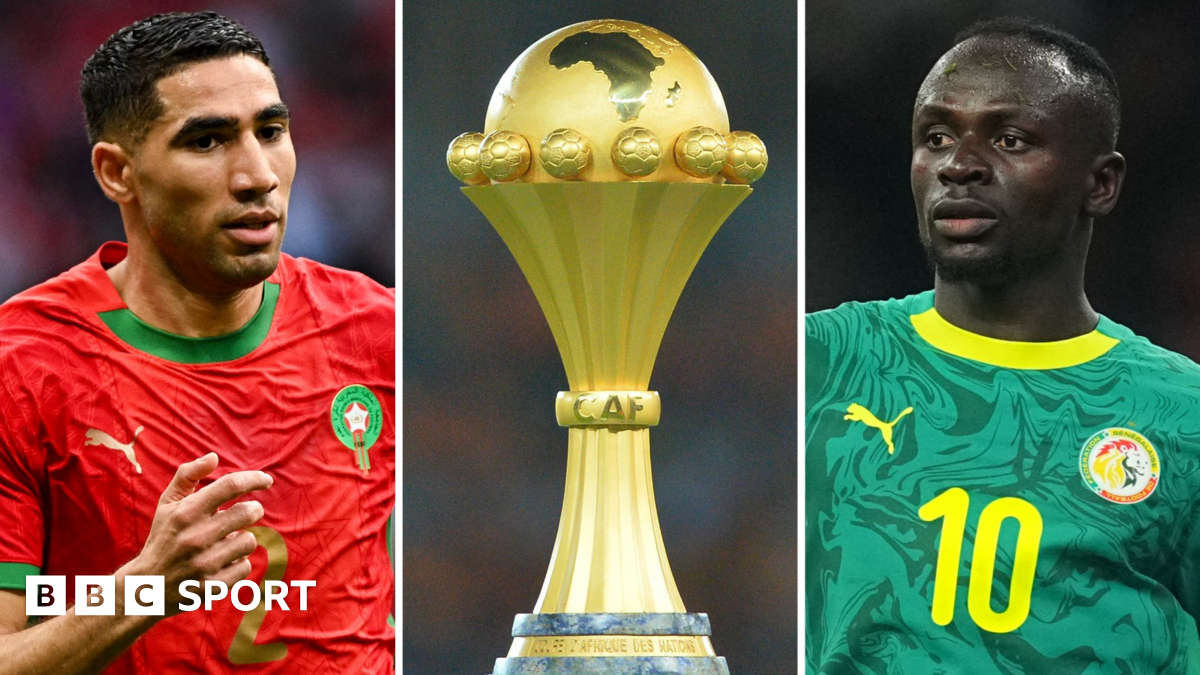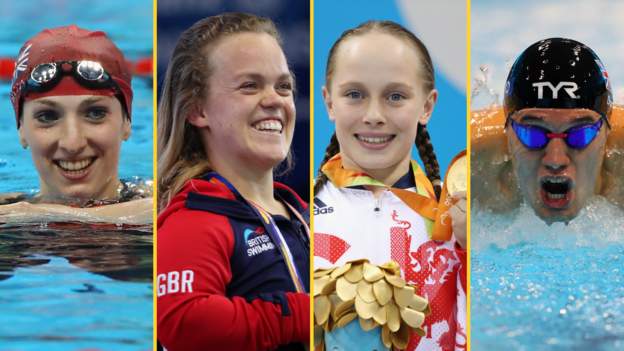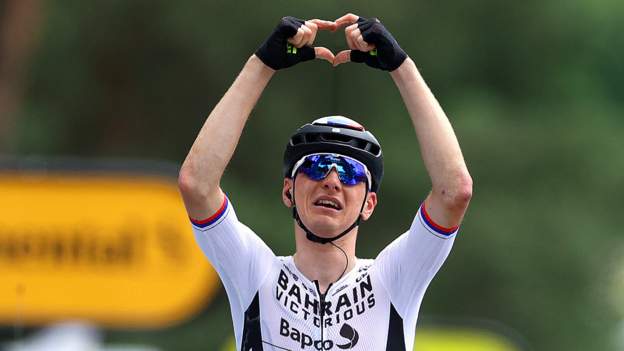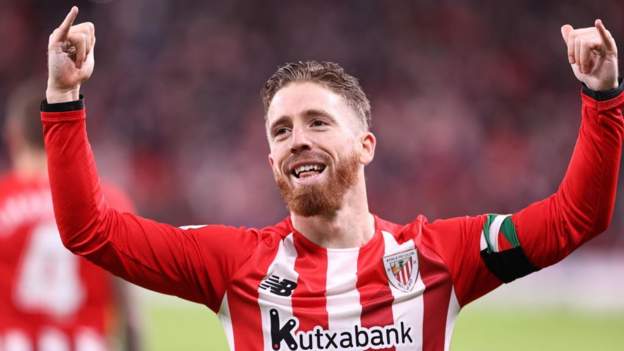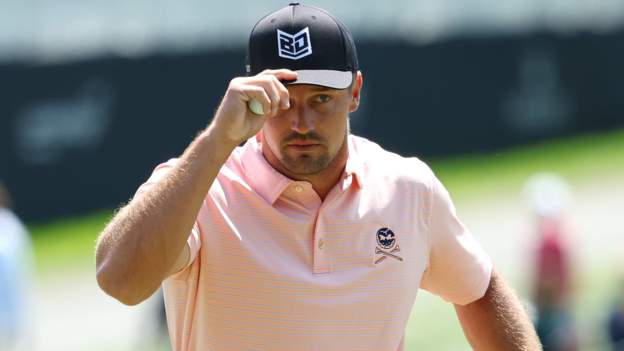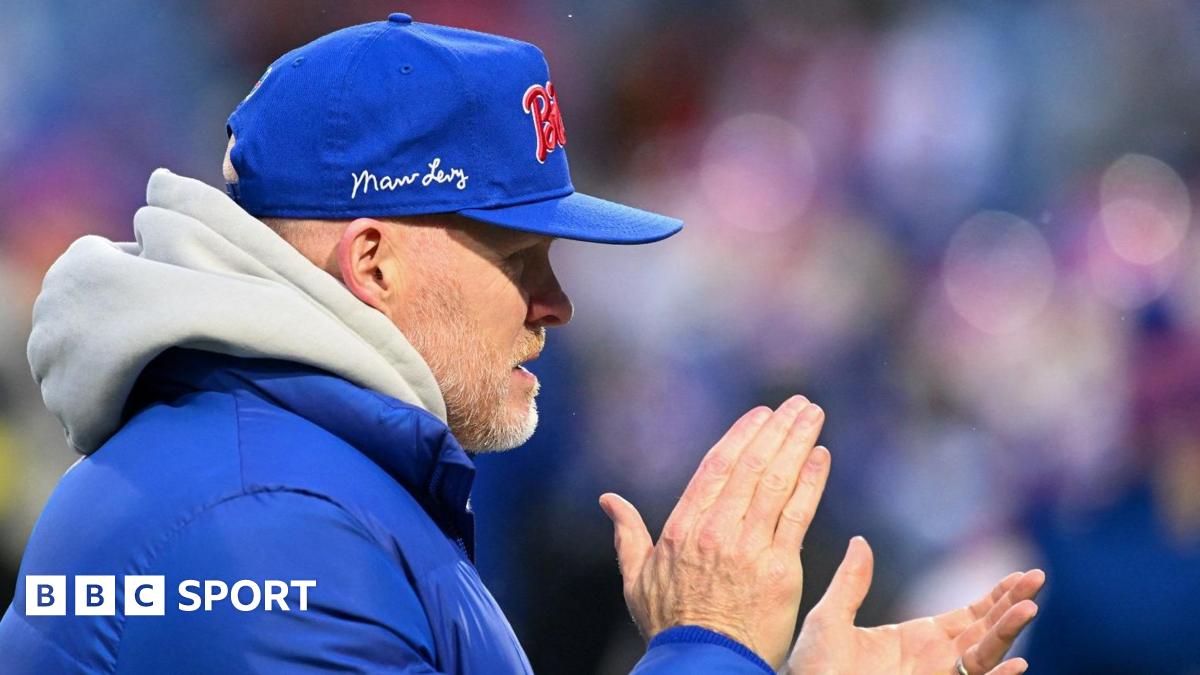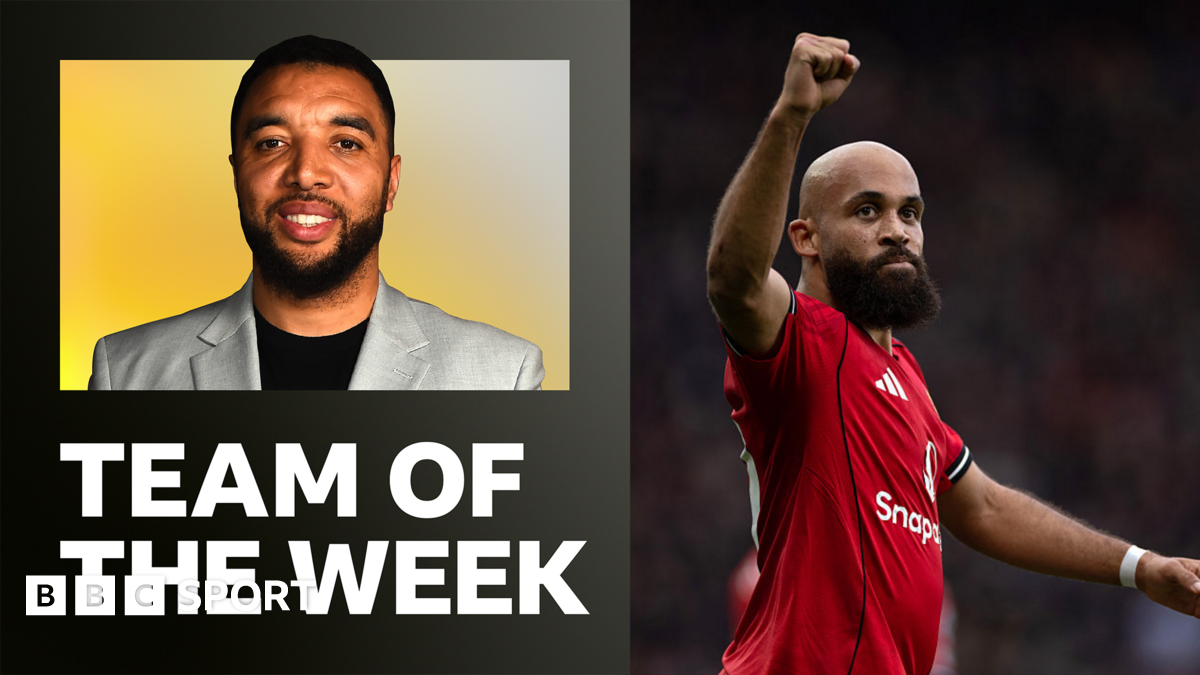Eleven returning Paralympians and 12 debutants will represent Great Britain in the pool at this summer’s Tokyo Games.
Rio winners Bethany Firth, Ellie Simmonds, Hannah Russell, Stephanie Millward and Ellie Robinson are named.
They are joined by five further 2016 medallists – Jessica-Jane Applegate, Thomas Hamer, Andrew Mullen, Scott Quin and Becky Redfern.
The Games run from 24 August until 5 September.
Britain’s swimmers won 47 medals, including 16 golds, at Rio 2016 with Northern Ireland’s Firth leading the way with three golds and a silver.
Both Simmonds and Millward are set to make their fourth consecutive Paralympics appearance in Tokyo.
“I’m really looking forward to competing at another Paralympics, each Games is special in its own right,” said Simmonds, who has won five Paralympic golds over her career.
“My first one was as a 13-year-old at Beijing 2008, and now to be heading into a fourth aged 26 is a magical feeling.
“The Paralympics are such an incredible event to be a part of, almost in a way you can’t quite explain.
“I’m always very proud to represent my country and I can’t wait to go to Japan, swim well and enjoy my fourth Games.”
Among the Paralympic debutants are Reece Dunn, Tully Kearney and Maisie Summers-Newton who won seven individual titles between them at the 2019 Para-swimming World Championships in London.
Also included are European Para-dressage gold medallist Suzanna Hext and Ellie Challis, who aged 17 will be the youngest member of the swimming team.
“The team is a terrific blend of knowledge and experience,” said British Para-swimming performance director, Chris Furber
“Injury and classification challenges have hit the team hard this season but we are determined to go to Tokyo and show the resilience to deliver our best possible performance.”
Analysis
BBC reporter and former Paralympic swimmer Rachael Latham
Great Britain has been one of the leading Paralympic swimming nations for many years but they will face a huge challenge to retain their position this time around.
Injuries (to Alice Tai) and classification issues (around the likes of Ollie Hynd and Brock Whiston) mean this is one of the smallest swimming squads that GB has fielded at a Paralympics.
There is a lack of depth with nine S14 (learning disability) athletes and four more in the women’s S6 category, which has been a strong class for the last two decades. But these competitors make up over half of the total 23-strong GB squad.
However, it is great to see more athletes in the lower classifications, so a mixed 20-point relay team will compete for the first time since 2004.
GB team
(swimmer, club – classification)
Jessica-Jane Applegate, City of Norwich – S14, SB14, SM14
Jordan Catchpole, Team Waveney – S14, SB14, SM14
Ellie Challis, Manchester National Performance Centre – S3, SB2, SM3
Stephen Clegg, Edinburgh University – S12, SB12, SM12
Reece Dunn, Plymouth Leander – S14, SB14, SM14
Louise Fiddes, Hatfield SC – S14, SB14, SM14
Bethany Firth – S14, SB14, SM14
Thomas Hamer, Manchester NPC – S14, SB14, SM14
Grace Harvey, Manchester NPC – S6, SB5, SM6
Suzanna Hext, Manchester NPC/Swindon ASC – S5, SB4, SM5)
Tully Kearney, Manchester NPC – S5, SB4, SM5
Louis Lawlor, City of Glasgow ST – S14, SB14, SM14
Lyndon Longhorne, Cockermouth SC – S4, SB3, SM4
Stephanie Millward, Bath University – S9, SB8, SM9
Conner Morrison, Aberdeen University – S14, SB14, SM14
Andrew Mullen, City of Glasgow ST – S5, SB4, SM5
Scott Quin, Edinburgh University – S14, SB14, SM14
Becky Redfern, Worcester SC – S13, SB13, SM13
Ellie Robinson, Northampton SC – S6, SB6, SM6
Hannah Russell, Manchester NPC – S12, SB12, SM12
Toni Shaw, Aberdeen University – S9, SB9, SM9
Ellie Simmonds, Camden Swiss Cottage – S6, SB6, SM6
Maisie Summers Newton, Northampton SC – S6, SB6, SM6

